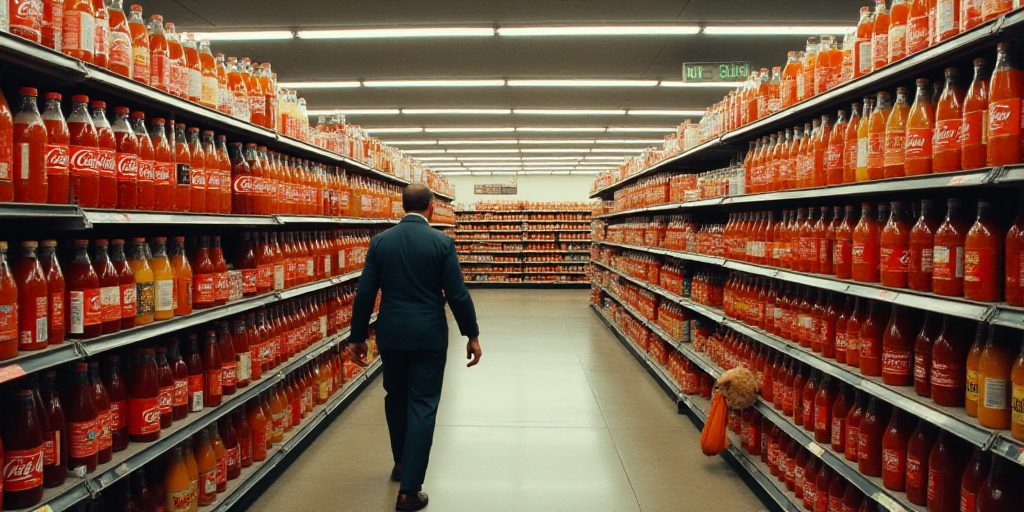The Impact of Informality on Mexican Consumers
Mexicans face “four horsemen of the apocalypse”: Value-Added Tax (IVA) and Special Production and Services Tax (IEPS), inflation, and extortion, which erode their purchasing power, according to the National Alliance of Small Businesses (Anpec).
The greatest burden on the national economy is informality, claims Anpec’s president, Cuauhtémoc Rivera. He laments that the government does not address this issue but instead burdens formal commerce and consumers with constant tax increases.
The Rising Cost of Essential Goods
Rivera explains that annual IEPS increases on high-demand products set the stage for escalating prices across the essential market, resulting in consumers facing a quadruple tax burden: IVA, IEPS, inflation, and extortion—”the four horsemen of the apocalypse” for Mexicans’ purchasing power.
“Consumers’ purchasing power is already eroded; it doesn’t cover their expenses,” he criticizes.
The Informal Market’s Dominance
Rivera asserts that the informal market is now the most active sector and largest employer in the country, with over 35 million people from the economically active population working within it. These workers are often overexploited, earning meager wages and accepting precarious labor conditions due to a lack of better opportunities.
The informal market pays only one-third of what the formal sector does and evades taxes amounting to hundreds of thousands of millions of pesos that the Public Treasury loses annually. This loss represents around 3% of the GDP.
“For practical purposes, the black market operates as a slush fund for organized crime: it uses this to cover its operational expenses, street businesses finance dealers’ and lookouts’ salaries and their bribes to low-ranking police officers,” explains Anpec’s representative.
Moreover, informality fuels crime and violence on the streets, creating an environment conducive to extortion (telephone, collection of “piso” at points of sale and along roads), highway robberies, or railway assaults, as well as collections from agricultural producers.
Historical Context of Informality
Anpec points out that this situation began with minor infractions like selling pirated CDs (music and movies), progressing to contraband cigarettes, wine, whiskey, faulty or used clothing, electronics, perfumes, jewelry, sports shoes, shoes, tires, video games, and computers.
“Throughout this time, the state has turned a blind eye,” Rivera laments.
Key Questions and Answers
- With what moral authority do we impose more taxes on high-demand legal goods under the guise of “well-being,” while tolerating the dominance of the informal economy? Anpec argues that taxing the consumption of high-demand legal goods only strengthens the illegal and contraband economy.






